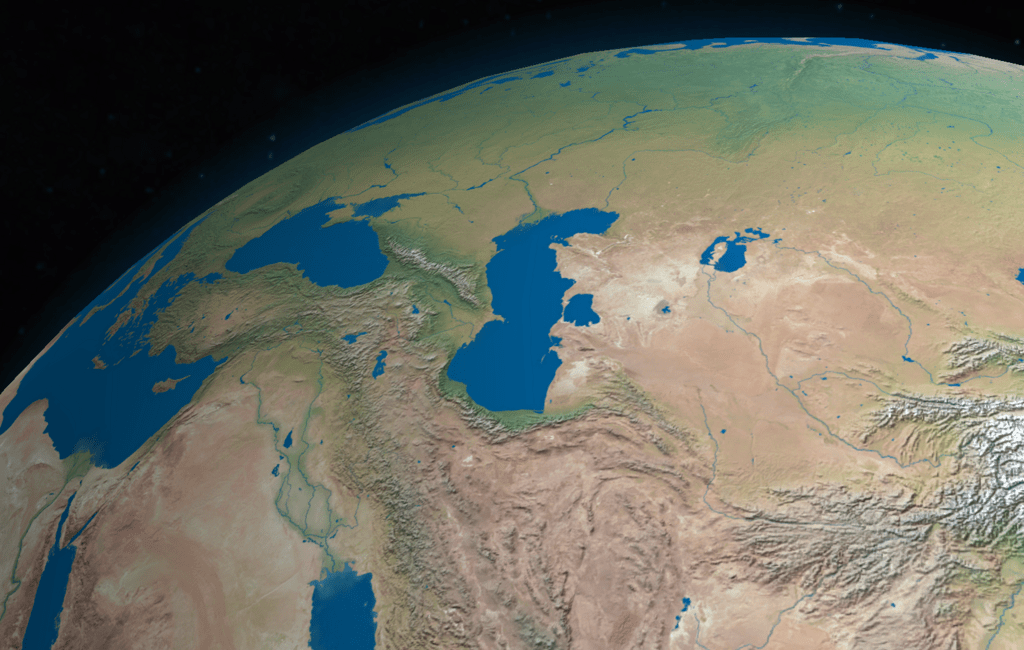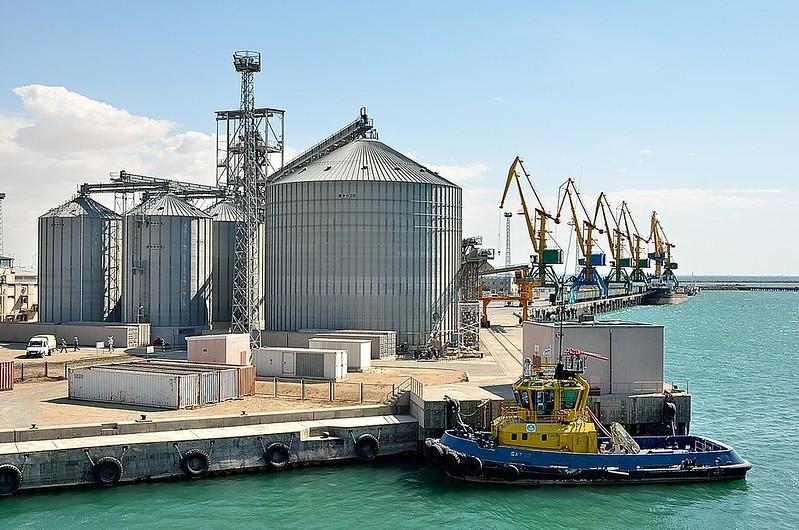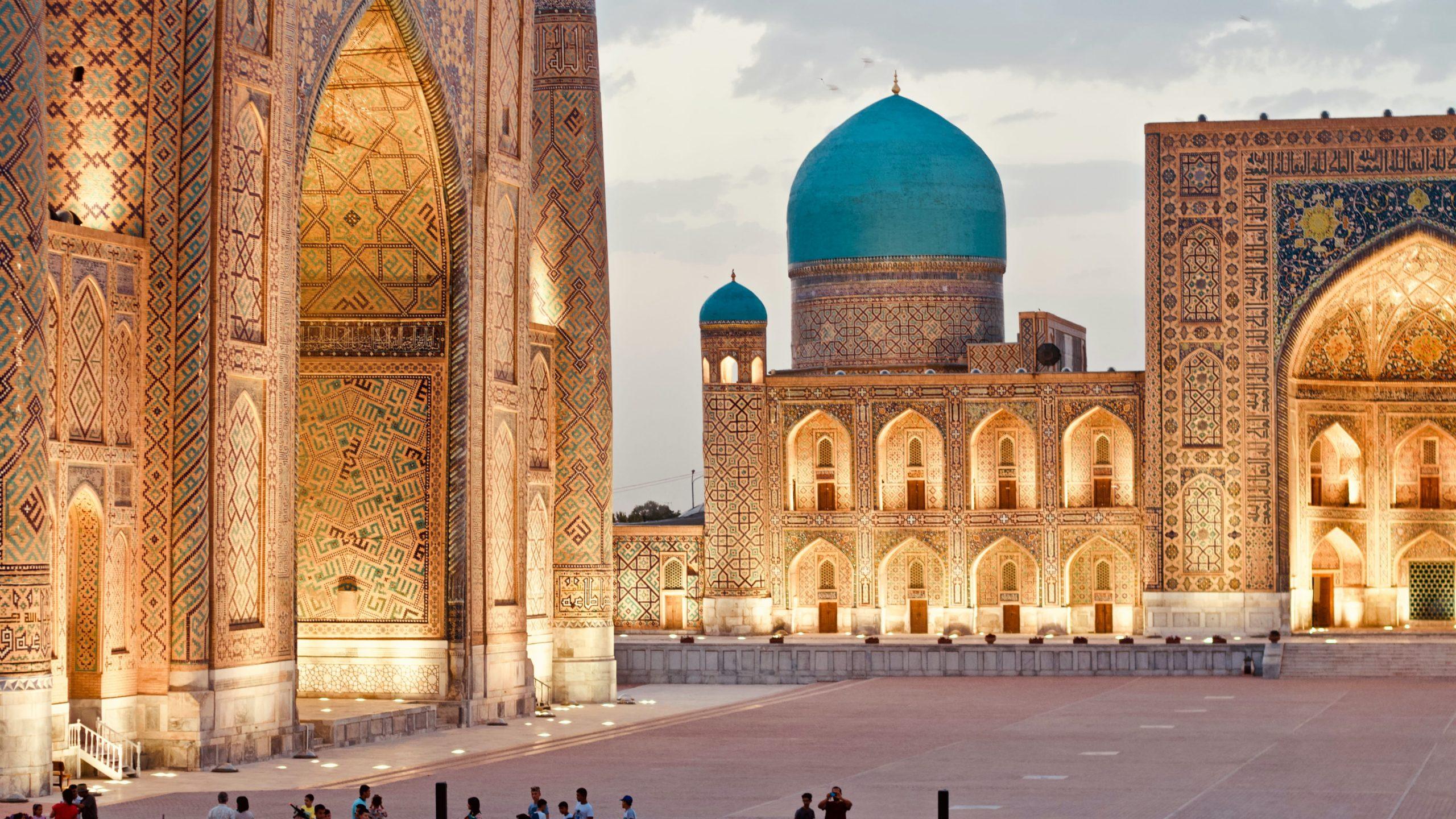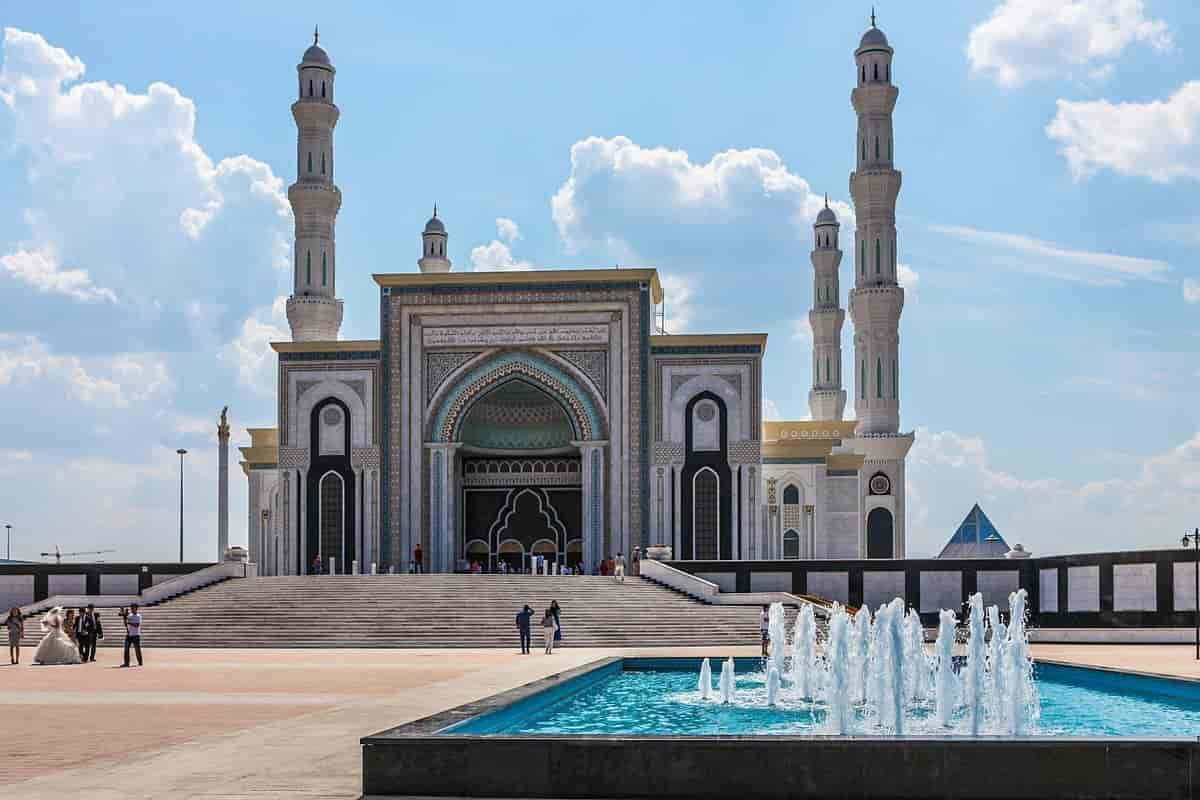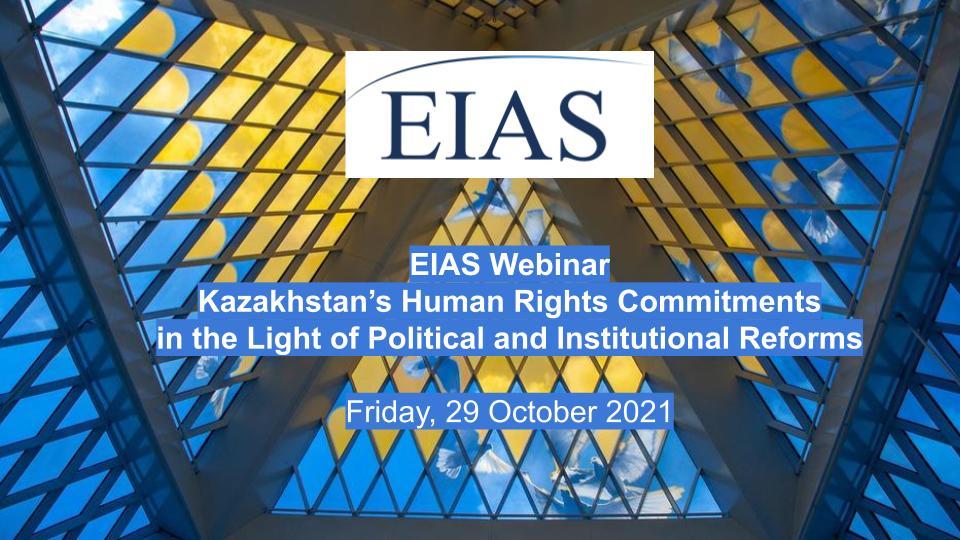
The EU-Kazakhstan Memorandum of Understanding: Effectiveness versus Opportunities
The European Union (EU) and Kazakhstan signed a Memorandum of Understanding (MoU) on 7 November 2022 to establish strategic partnerships specifically focused on sustainable raw materials, batteries, and renewable hydrogen value chains. The MoU, although not binding, has the potential to encourage public and private investment in the exploration, extraction and process of critical raw materials (CRM) in Kazakhstan and to promote the reduction of trade barriers between the parties. As the agreement has entered its first year, understanding the extent to which the commitments have been fulfilled can provide more efficient processes in the future.

